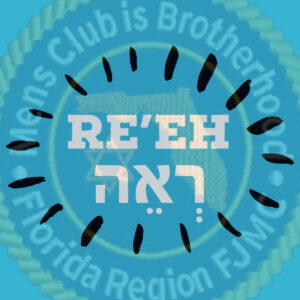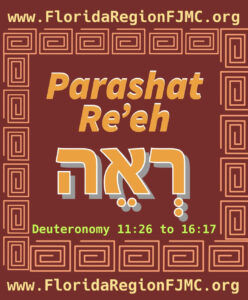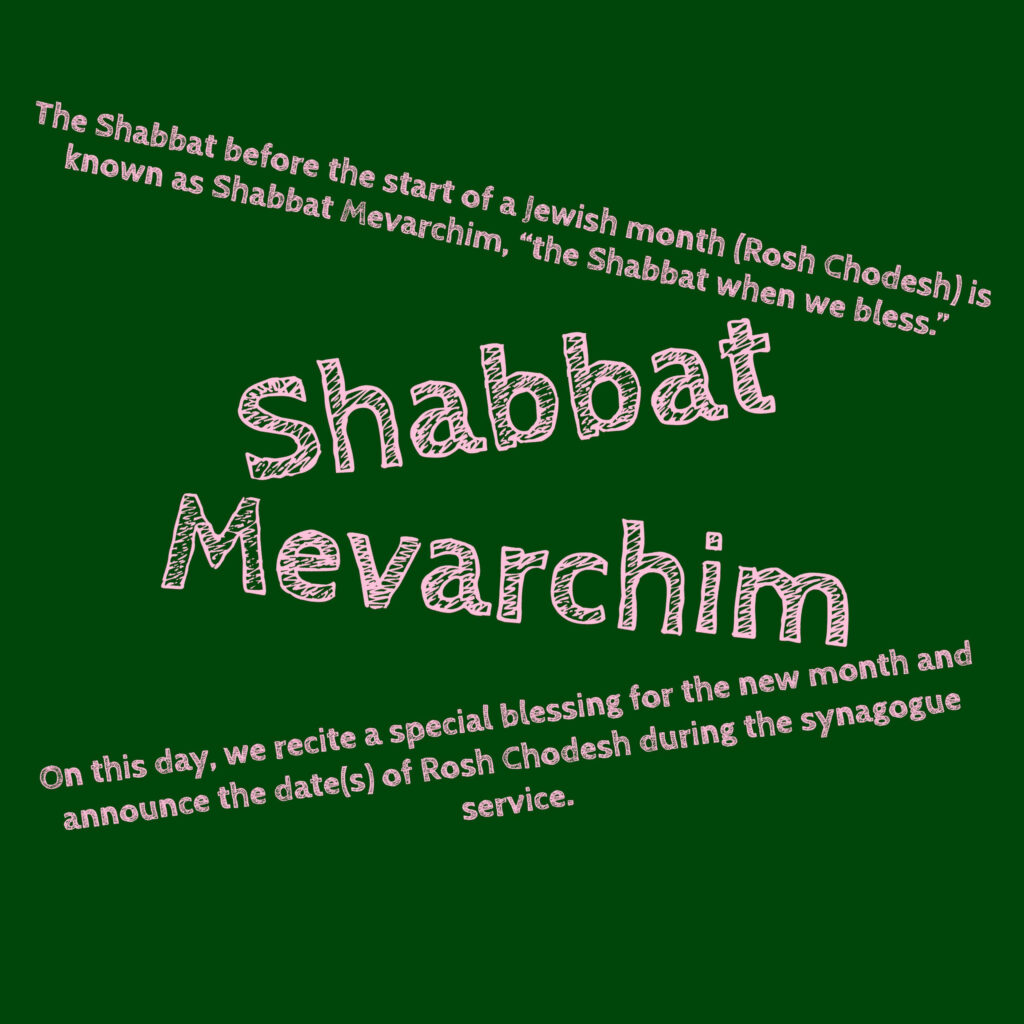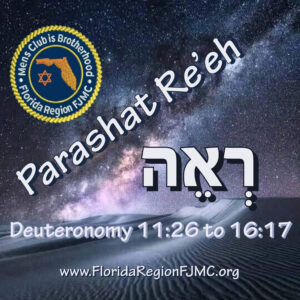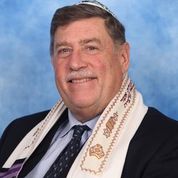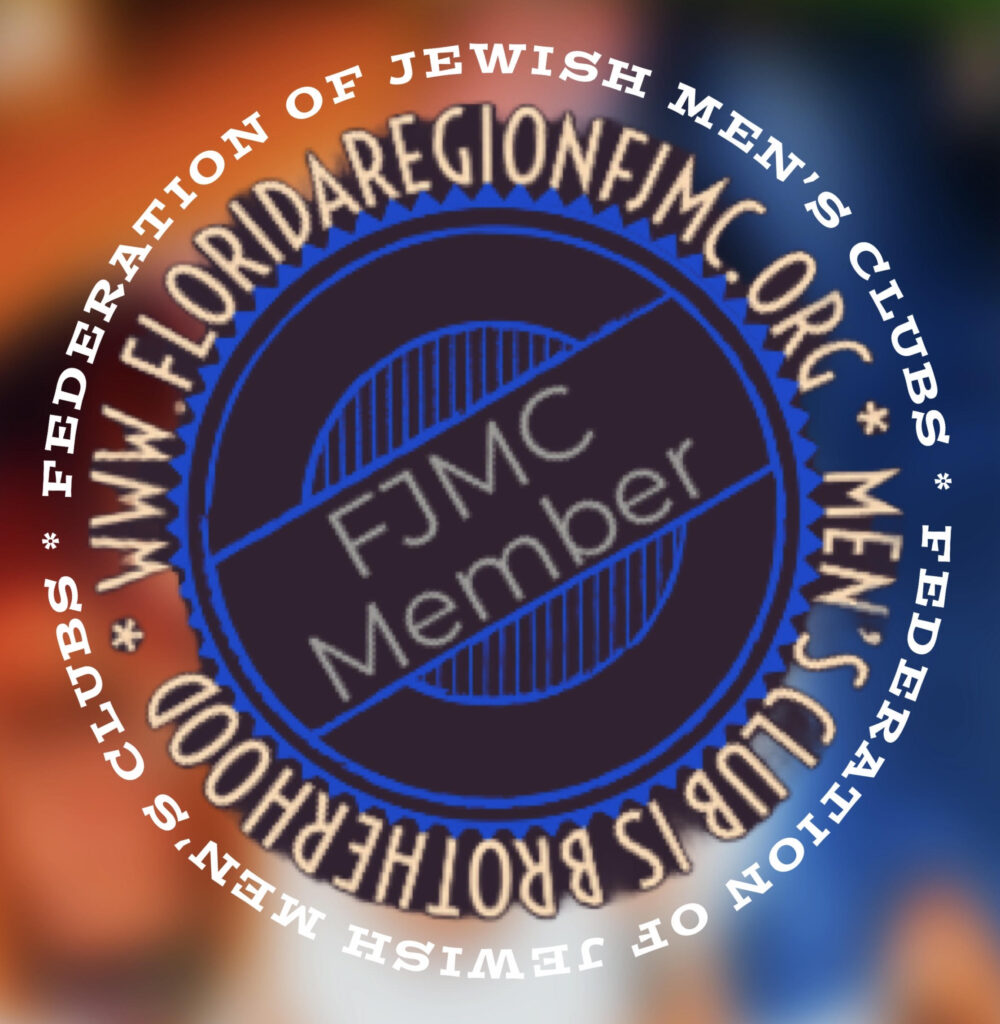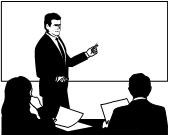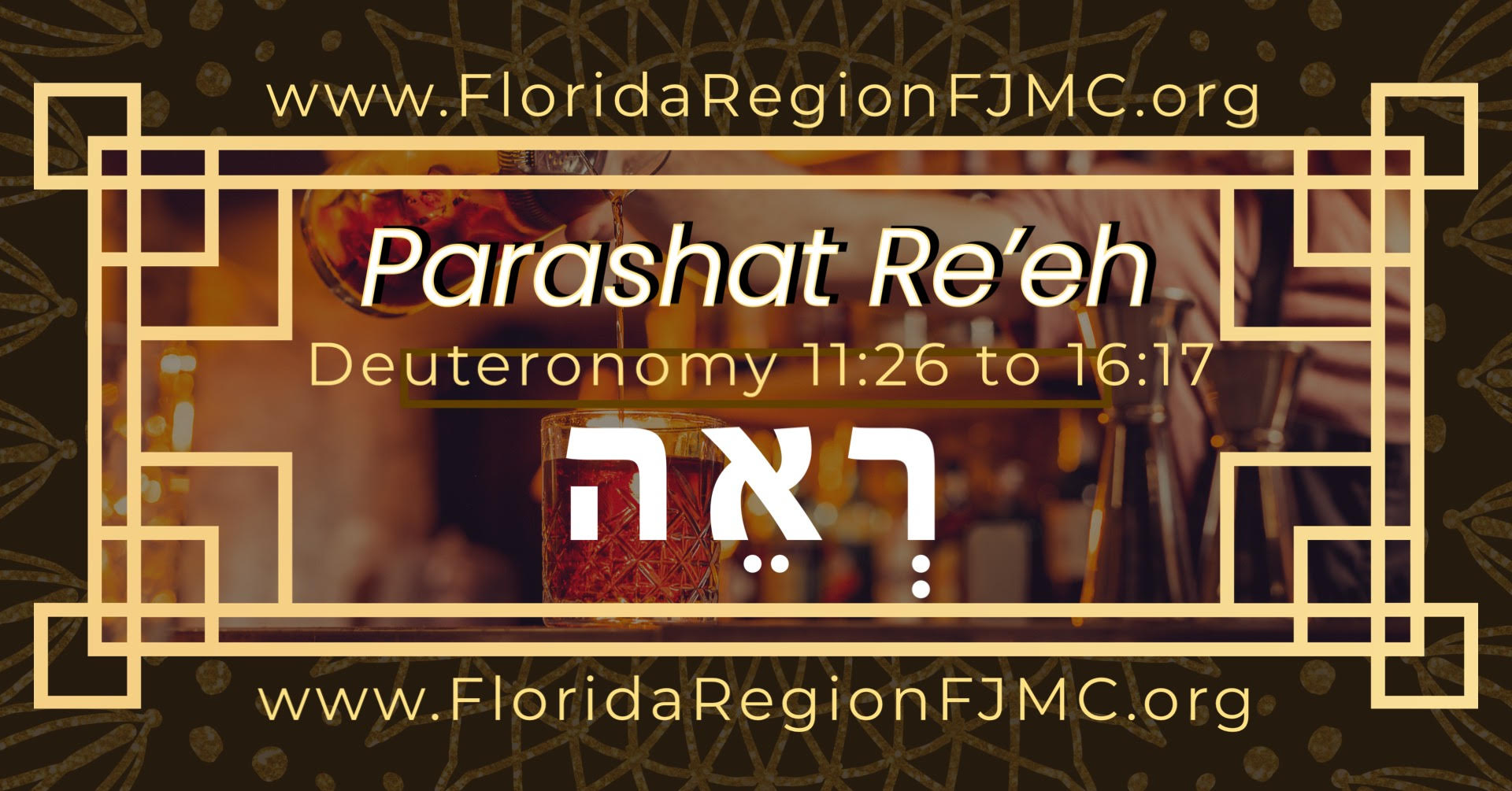
When you Choose Shabbat, you choose to learn that every Shabbat is different and special. This week I learned about Parashat Re’eh (רְאֵה), the 47th weekly Torah portion in the annual cycle of Torah readings.
According to Wikipedia, Re’eh (רְאֵה), Deuteronomy 11:26 through 16:17, contains 7,442 Hebrew letters, 1,932 words, 126 verses and makes up 258 lines of the Torah scroll, making it the longest Torah portion within the Book of Deuteronomy.
Re’eh is packed with source information straight from the mouth of Moses including the laws of kashrut and tithes, as well as instructions for the Sabbatical year and the Three Pilgrimage Festivals; Passover, Shavuot and Sukkot; collectively known as Shalosh Regalim (שלוש רגלים). Moses also instructs the Israelites in the importance of a single, centralized place of worship.
Because of its significance, portions of Parashat Re’eh are reread several times during the year. Deuteronomy 14:22 through16:17 is chanted on Shemini Atzeret. It is also the initial Torah reading on the eighth day of Passover and the second day of Shavuot when either holiday falls on Shabbat. In contrast, if the eighth day of Passover or the second day of Shavuot falls on a weekday, then the initial Torah reading is Deuteronomy 15:19 through 16:17.
Rabbi Michael D Klein of Temple Torat Emet offers his insights on this week’s Torah reading, Re’eh for Shabbat August 31, 2024 aka 27 Av 5784:
“Change is difficult! Even as young people we become set in our habits almost as if we are pre-programmed at birth to follow certain patterns and inherited or learned behaviors which we carry with us into adulthood. We often point to nature and see examples of instinctive behaviors- bees in a hive, fish swimming in schools, birds flocking together, predatory animals hunting in packs- all are examples of survival techniques which are either genetically programmed or learned from other members of the same species. Humans, however, are supposed to have the innate ability to adapt and learn from our mistakes and correct our behavior whenever it is counterproductive or self-defeating. Why then do we often fall into behavior patterns which adversely affect our behavior?
This week we bless the new month of Elul which is the prelude to a coming Jewish New Year. This week we also read the Torah Portion Reeh which teaches us that we have the power to make good choices. Among the choices included in Reeh are the foods we eat and sanctifying time by honoring Shabbat and the Sacred Holidays throughout the year. In retrospect, this year has been more difficult than most, with the scenario of our families in Israel being attacked and brutalized and in America and elsewhere experiencing the alarming renascence of anti-Semitism on college campuses and in society at large. How do we find the inner strength to cope with all the hatred and sadness that has reared it ugly head during the past year? How do we find the inner courage to cope with our own personal challenges and effect positive change in ourselves and those whom we love?
The answer comes from the first word of the Sedra-Reeh, which means “look or see”. We have to see everything before us and see everything in the context of the big picture. How do the words we see and the actions we perform result in helping us cope and improve? How do our words and deeds affect those around us? The changes which Reeh is recommending are not earthshaking. Choosing to make time holy is a personal and simple choice. Each of us can take a few minutes each day to include prayer and meditation in our lives. Each of us can choose what we eat, what we say, how we act toward others, and how we treat ourselves. We each are granted the power to effect change from within, but, this power begins with seeing! We must envision the changes we wish to embrace and then take small steps to make them happen.
As we celebrate the month of Elul, let us become partners with G-d and empower our world with positivity and the power to choose good over evil or indifference. May G-d grant us the will to cope with the sadness and violence and bring happiness and positivity to those around us.
Questions to Consider:
- What are the 4 situations included in Reeh where a person may not become a soldier in battle?
- Who addresses soldiers of Israel before they go into battle? Why?
- In Sedra Reeh it addresses a corpse is discovered within the city limits. Why are all the officials called to testify before the judges?
- Why is it necessary to reiterate the laws of holy days and kashrut?
Rabbi Michael D. Klein attended Yeshiva College of South Florida and served as Torah Reader, Hebrew teacher, Chazzan and spiritual leader of various synagogues throughout South Florida. In January 2015 he became Ritual Director, Bnai/Bnot Mitzvah instructor and 7th grade Hebrew instructor for Temple Torat Emet of Boynton Beach. In October 2019 he was accepted into an accelerated track and received his smicha from Yeshiva Adath Wolkowisk and has been the Rabbinic leadership of Temple Torat Emet since August 2020. In September of 2022 he was appointed Rabbinic and Spiritual Advisor of the Florida Region of FJMC.
Choose Shabbat; choose to celebrate, to light candles, sing songs and learn a little Torah.
This moment of Jewish Learning is brought to you by the Florida Region of the Federation of Jewish Men’s Clubs (FJMC). We serve the needs of affiliated Men’s Clubs and Brotherhoods throughout the State of Florida. Learn more about the FJMC Florida Region and our growing network of Jewish Men’s Clubs and Brotherhoods at: www.floridaregionfjmc.org and please visit & LIKE our Facebook Group at: www.facebook.com/FloridaRegionFJMC.
The FJMC is a confederation of over 200 Jewish Men’s Clubs and Brotherhoods representing over 20,000 members across the United States, Canada, Latin America, and beyond. Learn how YOUR Jewish Men’s Club or Brotherhood can affiliate with the FJMC at: https://fjmc.org/for-clubs/affiliating-with-the-fjmc/.
